Oh, what a year it was! I don't think I will ever again have such a packed cultural year, sometimes an event a day. It's been a true pleasure and here are my best of the best:
Venue of the year must be the Barbican. Not every production there is great, but their generous schemes allow to broaden the mind with international theatre and abundance of classical music. And of course, I love the architecture with its mixture of ancient and brutalist.
I must agree with most critics that the National and the Royal Court had superb year with nearly every production on top form and I was lucky enough to catch most of them. Just a few to mention – London Assurance was the funniest play I have ever seen, Laura Wade's Posh explained the roots of the current political establishment, Clybourne Park talked about race like no one before.
The discovery of the year belongs to the National Gallery for it's guided tours – can't get enough of them.
War Horse and Secret Cinema disappointed the most. Secret Cinema is such a great idea, but they outgrew themselves and became a massive disorganised money spinning machine. The puppets at the War Horse were impressive, but the story and everything else is as ordinary as anything in the West End.
 In the art galleries I most enjoyed the splendid Treasures from Budapest at the Royal Academy of Arts and Van Doesburg and the International Avant-Garde at the Tate Modern. While I visited my friend Sima in Rome in February, we saw a fantastic retrospective of Caravaggio's work. When she came over to London, we both loved something a bit more modern – a survey of designer Ron Arad's work at the Barbican.
In the art galleries I most enjoyed the splendid Treasures from Budapest at the Royal Academy of Arts and Van Doesburg and the International Avant-Garde at the Tate Modern. While I visited my friend Sima in Rome in February, we saw a fantastic retrospective of Caravaggio's work. When she came over to London, we both loved something a bit more modern – a survey of designer Ron Arad's work at the Barbican. My books of the year are Ian McEwan's Amsterdam and Colm Toibin's Brooklyn. One Day by Davis Nicholls was charming and funny and sad – a guilty pleasure.












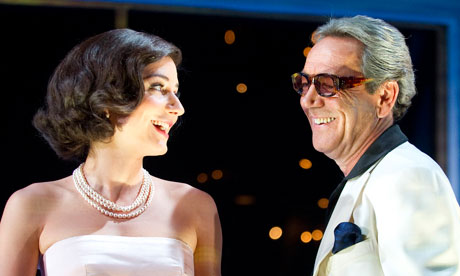
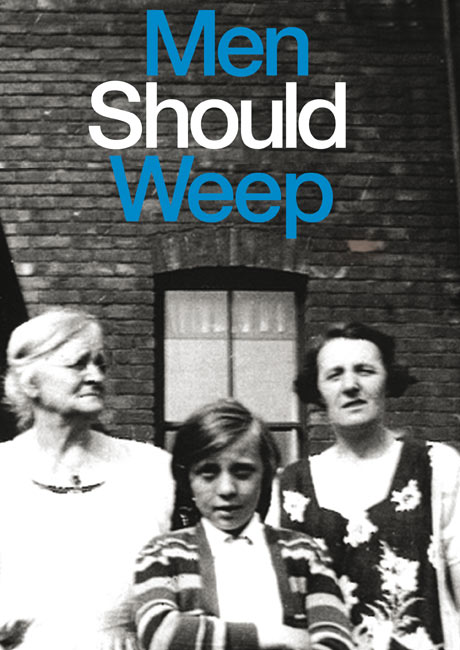


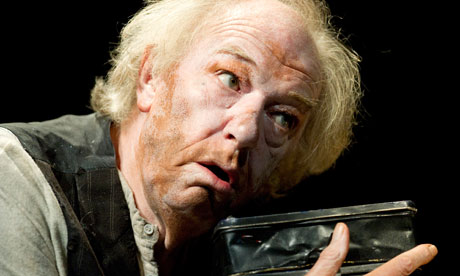


















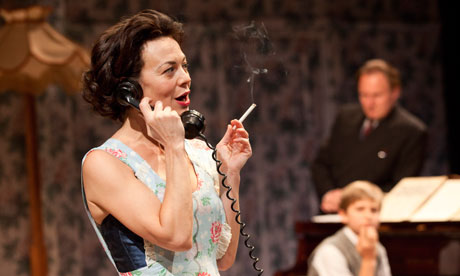


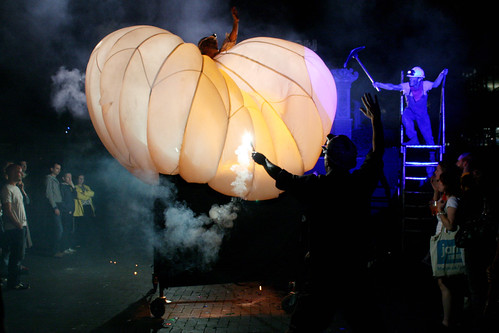
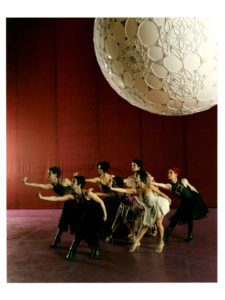



.jpg)

